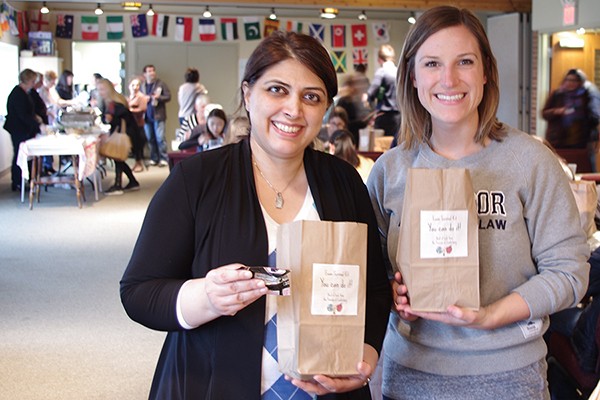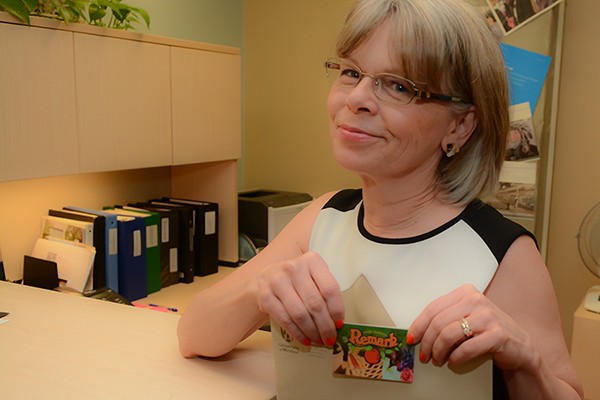 Windsor Law professor David Tanovich says courts using rap music as evidence of guilt may criminalize an entire culture.
Windsor Law professor David Tanovich says courts using rap music as evidence of guilt may criminalize an entire culture.
Newly published research by a UWindsor law professor has found that rap music and the lyrics and videos that accompany them are used in Canadian criminal trials at an alarming rate and are the only form of musical expression subject to this type of scrutiny.
In his article, R v Campbell: Rethinking the Admissibility of Rap Lyrics in Criminal Cases, which has attracted interest from Buzz Feed, CBC Radio’s As it Happens, and News Talk 1010’s Desmond Cole radio show, David Tanovich says he was able to document 36 cases of attempts by the criminal justice system to put rap on trial—most notably the 2013 first degree murder conviction of aspiring Toronto rapper Chael Mills, also known as Heartless G.
In the Mills case, Tanovich says police downloaded 76 videos—six of which were ultimately admitted by the trial judge as evidence of motive in the deadly shooting of an alleged member of the Crips gang.
What is it about rap lyrics that raise concerns? Tanovich asks.
“Well for one thing, attempts to put music on trial rarely happen in Canada or the United States outside of the rap context and there are only a handful of cases involving other types of fiction being put on trial in Canada.”
Tanovich says this trend is problematic because judges and juries are not, generally speaking, culturally competent to understand what inferences to draw from rap lyrics that offer embellished accounts of violence, guns, drugs and gang activity.
“Commercial success and appeal is largely driven by the extent to which the lyrics appear authentic,” Tanovich says. “One way to ‘keep it real’ is for the rapper to rap about what is actually happening on the streets and in their communities. Rap becomes even more susceptible to misuse by the legal system in the context of ‘gangsta’ rap because the writer takes on the persona of a criminal.”
Tanovich says that when he read about the Heartless G case in the media he began to study the issue in more depth and found that in the United States rap is frequently on trial—even in death penalty cases. It also appears to be a growing trend in England.
It is also “the social reality of racism and the nature of rap as an art form that gives rise to the concerns about using rap as evidence,” he says.
“We need to stop pretending that rap is like any other art form when it comes to triggering stereotypes and acknowledge the very real prospect of a wrongfully or racially tainted conviction because of anti-Black racism.”
Tanovich says that social science evidence confirms individuals are more likely to view an accused who raps about violence as guilty, and that is even more likely true when the accused is Black.
“We need to acknowledge that by allowing the criminal justice system to frequently use rap as evidence of guilt we are criminalizing, and potentially chilling, an entire musical art form and culture.”
The researcher says he believes the Canadian judicial system should be more rigorous in deciding the admissibility of rap lyrics and establish clear guidelines about their use as evidence.
For example, “it is imperative that the interpretative evidence about the nature of rap music and the lyrics in question be given not only by a crown expert—usually a police officer—but also by a defence expert.”
Read the full article on the Social Science Research Network website.





